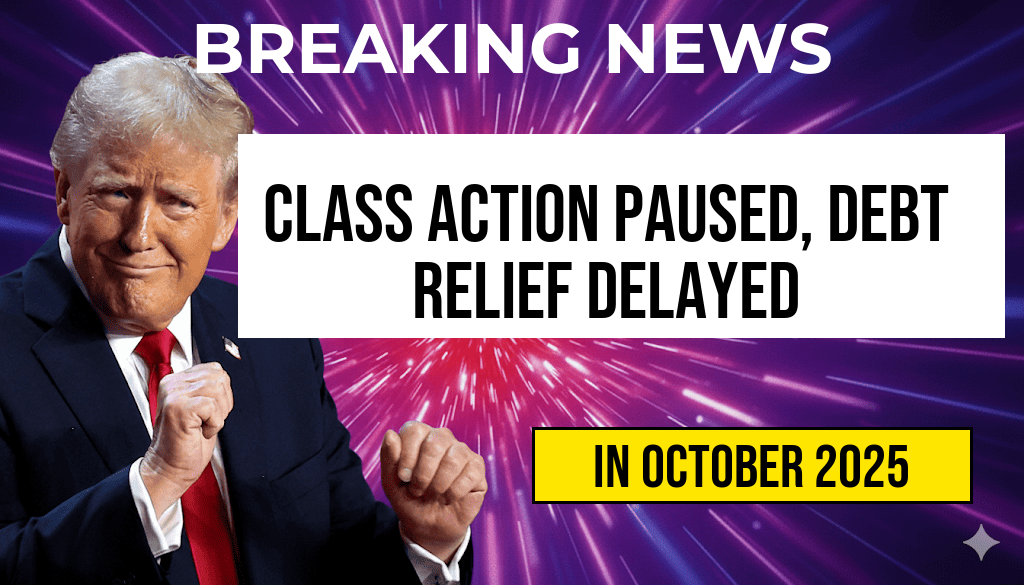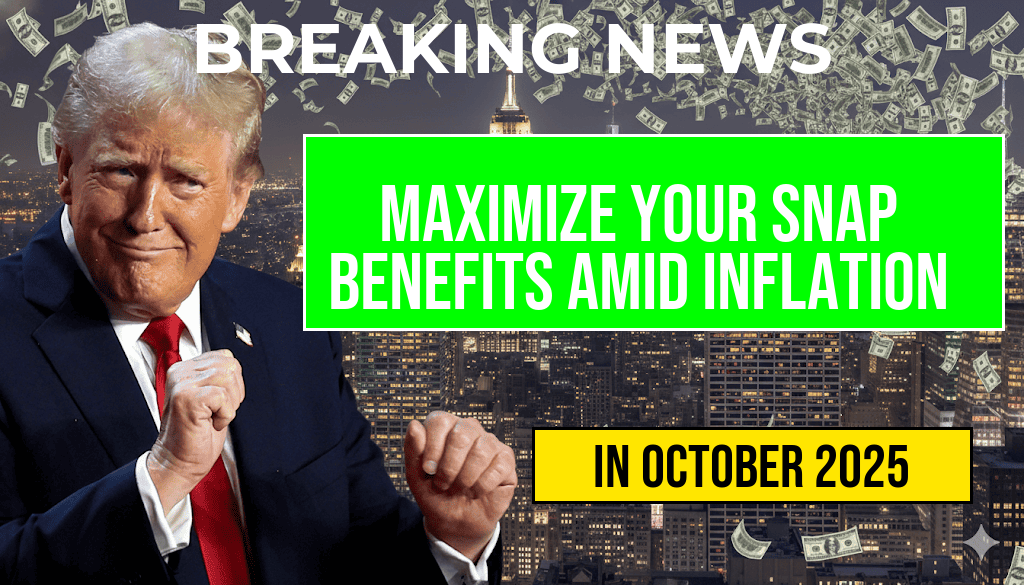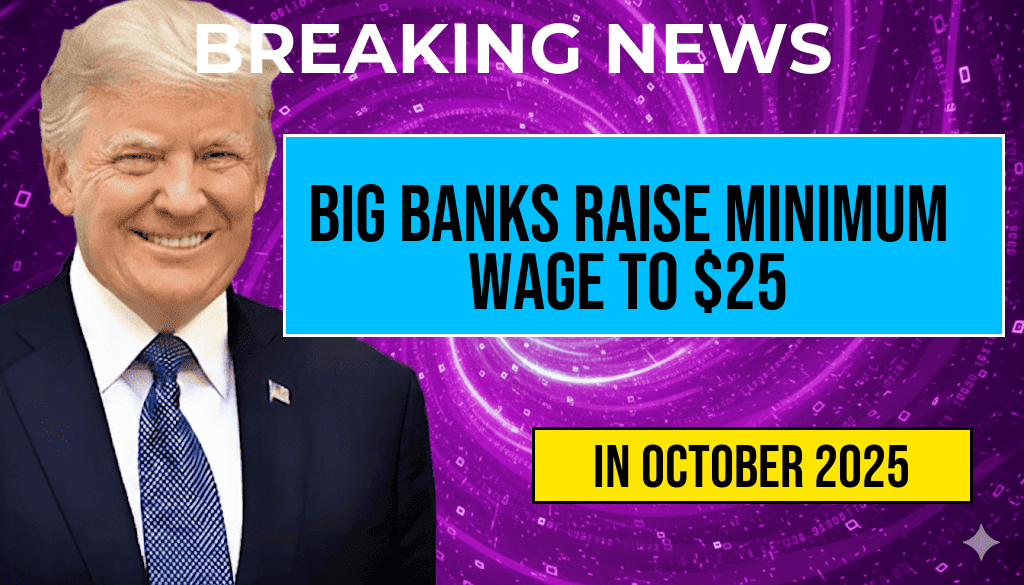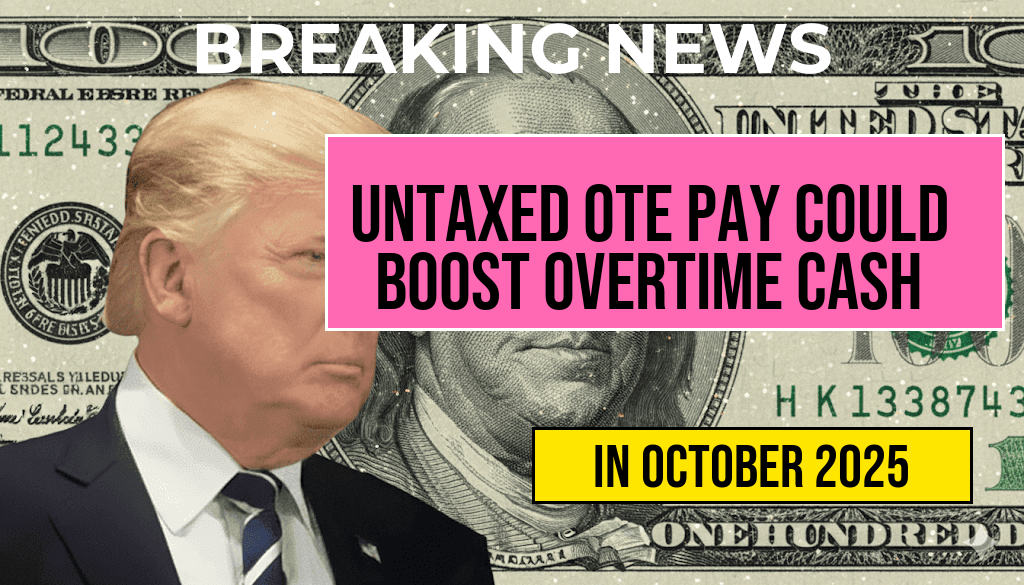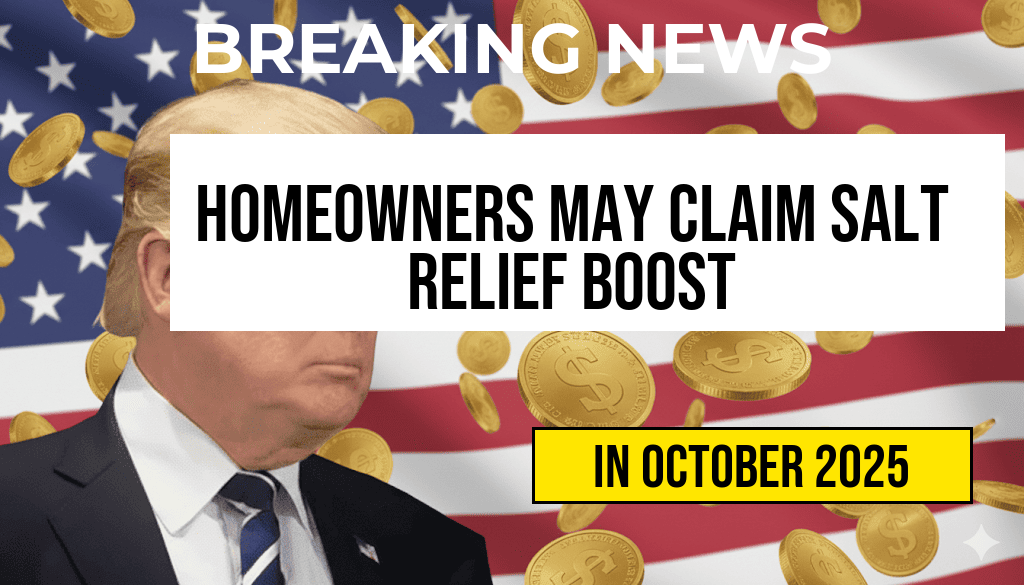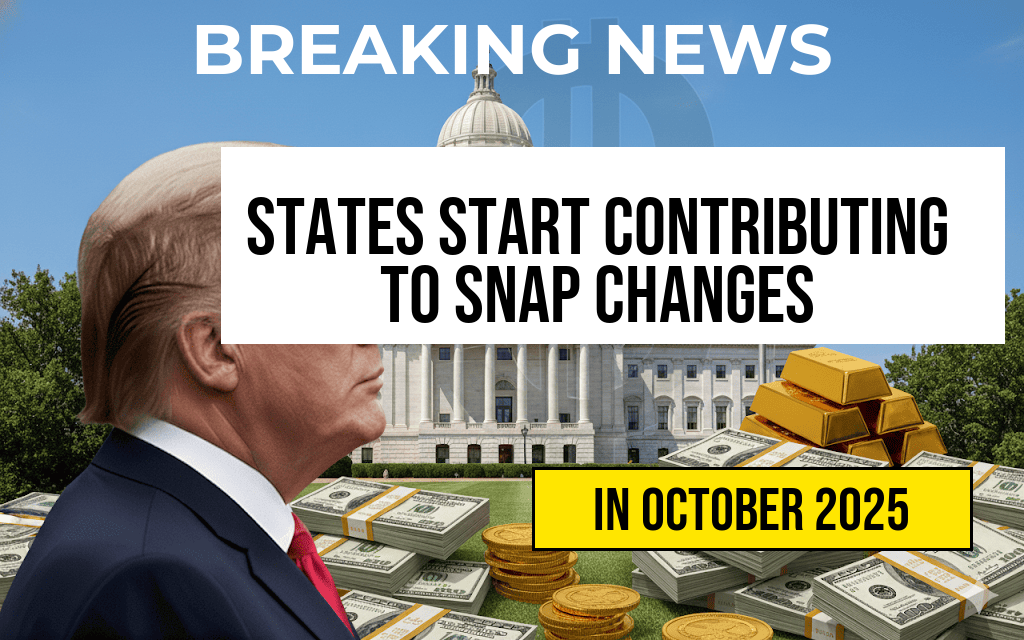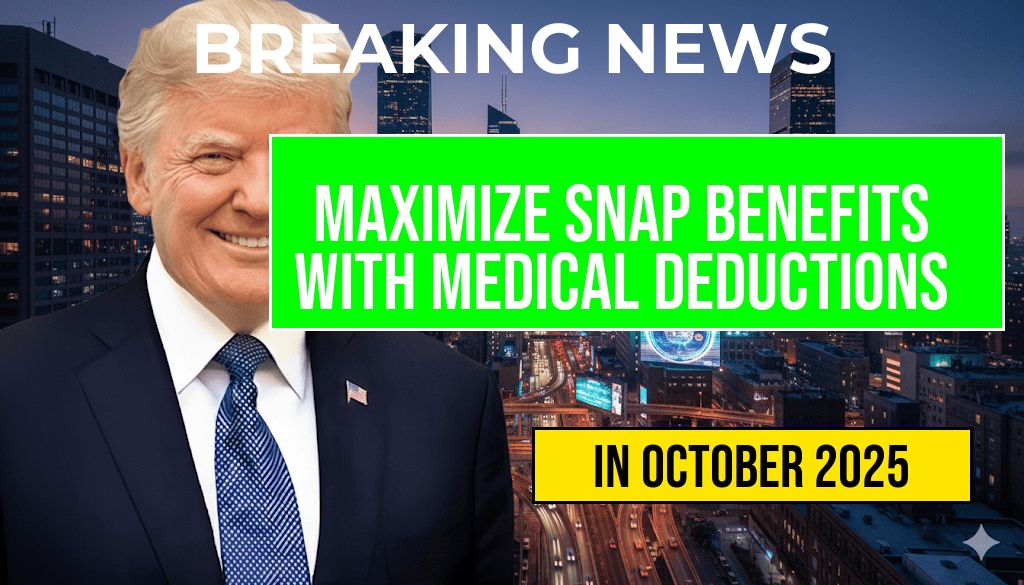A recent federal government shutdown has halted a class action lawsuit aimed at delivering debt relief to thousands of borrowers burdened by student loans. The lawsuit, originally filed in 2022, sought to address the financial struggles of individuals who believe they were misled by their lenders regarding the terms of their loans. With the shutdown impacting various government operations, including the Department of Education, all progress on the case has come to a standstill. Borrowers anticipating significant financial relief now face an uncertain timeline as the legal proceedings remain paused. The implications of this shutdown extend beyond just the lawsuit, affecting the livelihoods of many who are eagerly awaiting a resolution.
Impact of the Government Shutdown
The recent government shutdown, which began due to budget disagreements among lawmakers, has forced numerous federal agencies to suspend their operations. This includes the U.S. Department of Education, which plays a crucial role in the class action lawsuit concerning student loan debt relief.
Details of the Class Action Lawsuit
The class action lawsuit targets major student loan servicers accused of providing misleading information about repayment options and loan forgiveness programs. Plaintiffs assert that these misrepresentations led to overwhelming debt burdens, with many borrowers owing tens of thousands of dollars. The lawsuit demands that the servicers be held accountable for their actions and seeks restitution for affected borrowers.
Key Players in the Lawsuit
- Plaintiffs: Individuals who borrowed money for higher education and face financial distress due to alleged mismanagement by loan servicers.
- Defendants: Major student loan servicers, including companies like Navient and Sallie Mae, known for handling federal and private student loans.
- Legal Representation: A coalition of consumer advocacy groups and legal aid organizations that have joined forces to represent the borrowers in the lawsuit.
Government Aid and Debt Relief Programs
Amidst the ongoing legal battles, several federal debt relief programs remain available to borrowers. However, the shutdown complicates access to these resources. Programs such as income-driven repayment plans and Public Service Loan Forgiveness (PSLF) have been pivotal for many borrowers seeking relief from their student debt.
Challenges Faced by Borrowers
During the shutdown, borrowers are experiencing delays in accessing information and services from the Department of Education, which could further complicate their financial situations. Many are concerned that without timely assistance, they may struggle to manage their payments or navigate repayment plans effectively.
Next Steps for Affected Borrowers
As the class action lawsuit remains paused, borrowers are encouraged to stay informed about their rights and options. Here are some steps they can take:
- Contact your loan servicer to inquire about your current repayment status and available options.
- Keep documentation of all communications regarding your loans, as this may be beneficial for future legal proceedings.
- Join advocacy groups that support student loan borrowers to stay updated on developments related to the lawsuit and other legislative changes.
Future Implications
The outcome of this class action lawsuit could set a significant precedent for how student loan borrowers are treated by servicers in the future. If successful, it may lead to increased transparency and accountability within the student loan industry, potentially reshaping policies that govern loan servicing practices. However, the pause due to the government shutdown raises questions about the timeline for resolution and the overall impact on indebted borrowers nationwide.
| Program | Description | Eligibility |
|---|---|---|
| Income-Driven Repayment Plans | Adjusts monthly payments based on income and family size. | Federal student loan borrowers with eligible loans. |
| Public Service Loan Forgiveness (PSLF) | Forgives remaining debt after 120 qualifying payments while working for a qualifying employer. | Full-time employees at government or non-profit organizations. |
| Borrower Defense to Repayment | Allows borrowers to cancel their loans if their school misled them. | Borrowers who attended schools that engaged in wrongful conduct. |
For more information on student loan forgiveness options and current updates regarding the lawsuit, borrowers can visit the Forbes Advisor or consult the Wikipedia page on Student Loan Debt.
Frequently Asked Questions
What is the reason for the pause in the class action regarding debt relief?
The class action has been paused due to a shutdown that has delayed the processing of relief for borrowers who are owed thousands of dollars.
How does the shutdown impact borrowers seeking debt relief?
The shutdown has created significant delays in the debt relief process, leaving many borrowers in limbo as they await resolution of their claims.
Who is affected by the debt relief delays?
Borrowers who are part of the class action lawsuit and are owed thousands of dollars in debt relief are directly affected by these delays.
Is there an expected timeline for when the class action will resume?
While there is no definitive timeline yet, stakeholders hope the class action will resume once the shutdown is resolved and normal operations can continue.
What steps can affected borrowers take during this pause?
Affected borrowers are encouraged to stay informed about their case and maintain communication with their legal representatives while the pause is in effect.

